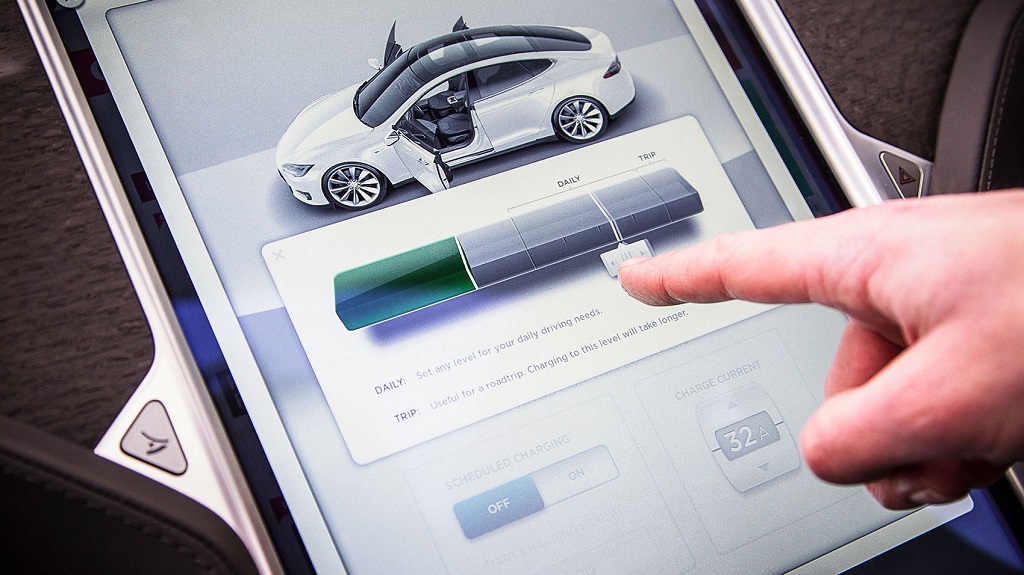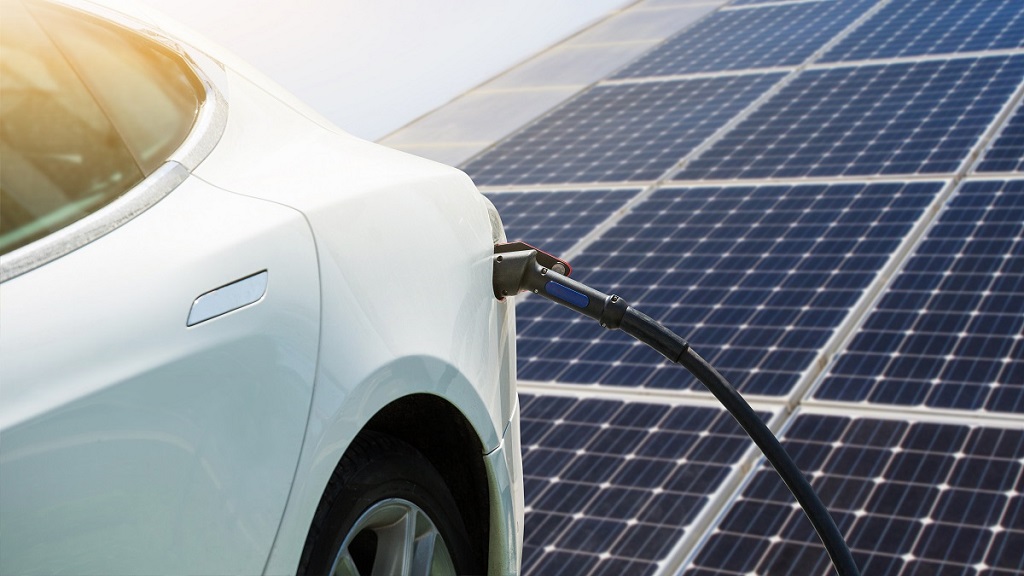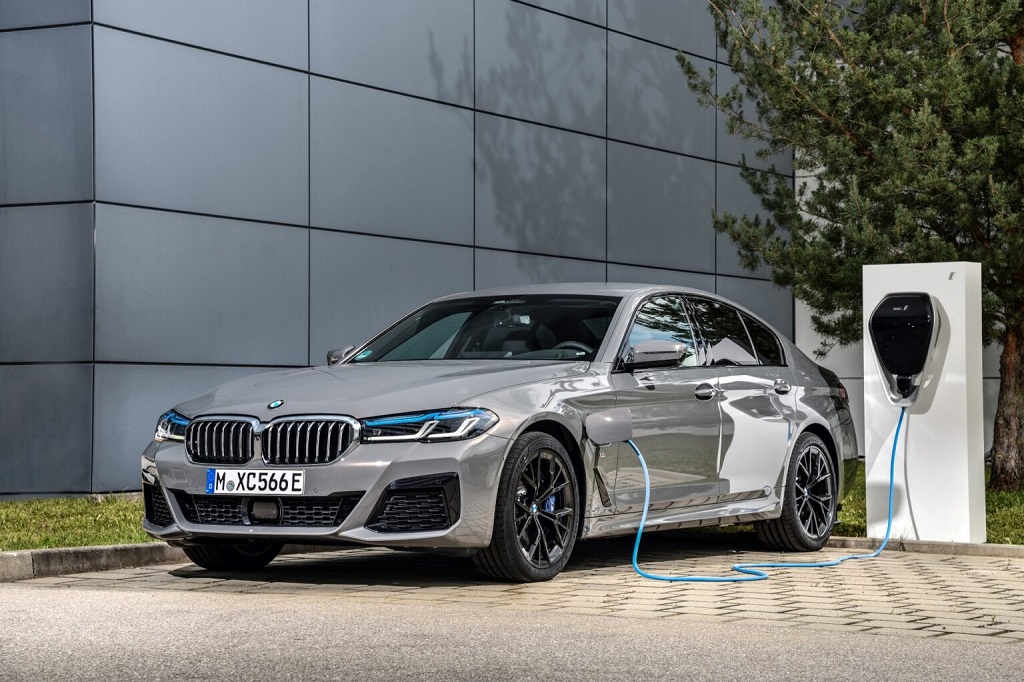Electric cars have become a hot topic in recent years, thanks to their eco-friendly nature and the growing concern for reducing our carbon footprint. If you’re considering making the switch to an electric vehicle (EV), one of the essential aspects to consider is how much it costs to charge it. In this article, we’ll break down the various factors that influence the cost of charging an electric car, helping you make an informed decision about your next vehicle.
The Cost of Electricity
The primary factor affecting the cost of charging an electric car is the price of electricity in your area. Electricity rates can vary significantly from one region to another, and even within the same city. To calculate the cost, you need to know how much you pay per kilowatt-hour (kWh).
Charging at Home vs. Public Charging Stations
Charging at Home
Charging your electric car at home is often the most cost-effective option. You can install a Level 2 charging station in your garage, which allows for faster charging compared to a standard household outlet. The cost of this setup can vary but is usually more affordable than you might think.
Public Charging Stations
When you’re on the road, you might need to rely on public charging stations. These stations can be either free or paid, depending on your location. Some electric car manufacturers offer free charging at their stations, while others charge a fee per kWh.
Charging Speed
The speed at which your electric car charges also impacts the cost. Electric vehicles come with different charging capabilities, ranging from Level 1 (slowest) to Level 3 (fastest). The faster the charging speed, the more expensive it might be. However, faster charging can save you valuable time, especially on long road trips. Discover Benefits of Hybrid and Electric Cars.
Battery Capacity
The size of your electric car’s battery also plays a role in determining the cost of charging. Larger batteries require more electricity to reach a full charge, which means higher costs. However, they also offer longer driving ranges, reducing the frequency of charging.
Time of Use Plans
Many utility companies offer time-of-use plans, which can significantly impact your charging costs. These plans provide lower electricity rates during off-peak hours and higher rates during peak times. To save money, consider charging your electric car during the off-peak periods.
Solar Panels and Green Energy
If you’re environmentally conscious, you might consider using solar panels or purchasing green energy from your utility company. This can reduce the carbon footprint of your electric car and, in some cases, lower your charging costs.
Maintenance Savings
While not a direct cost of charging, it’s worth mentioning that electric cars typically have lower maintenance costs compared to traditional gasoline vehicles. You’ll save on oil changes, transmission repairs, and other expenses, which can offset the cost of charging.
In conclusion, the cost of charging an electric car can vary significantly based on several factors, including electricity rates, charging location, speed, battery capacity, and time-of-use plans. By carefully considering these factors and making informed choices, you can enjoy the benefits of driving an electric car while keeping your charging costs reasonable.
FAQs
Is charging an electric car cheaper than filling up a gas-powered car?
Charging an electric car is often more cost-effective than filling up a gas-powered car, especially when charging at home or using free public charging stations.
How much does it cost to install a Level 2 charging station at home?
The cost of installing a Level 2 charging station at home can vary, but it typically ranges from $500 to $1,500, including installation.
Do electric cars require special maintenance?
Electric cars generally have lower maintenance costs compared to gasoline cars, as they have fewer moving parts and don’t require oil changes.
Can I charge my electric car with solar panels at home?
Yes, you can charge your electric car with solar panels at home. This eco-friendly option can help you reduce both your electricity bills and your carbon footprint.
Are there government incentives for electric car owners?
Many governments offer incentives and tax credits to encourage electric car adoption. Be sure to check with your local authorities to see if you qualify for any incentives.








